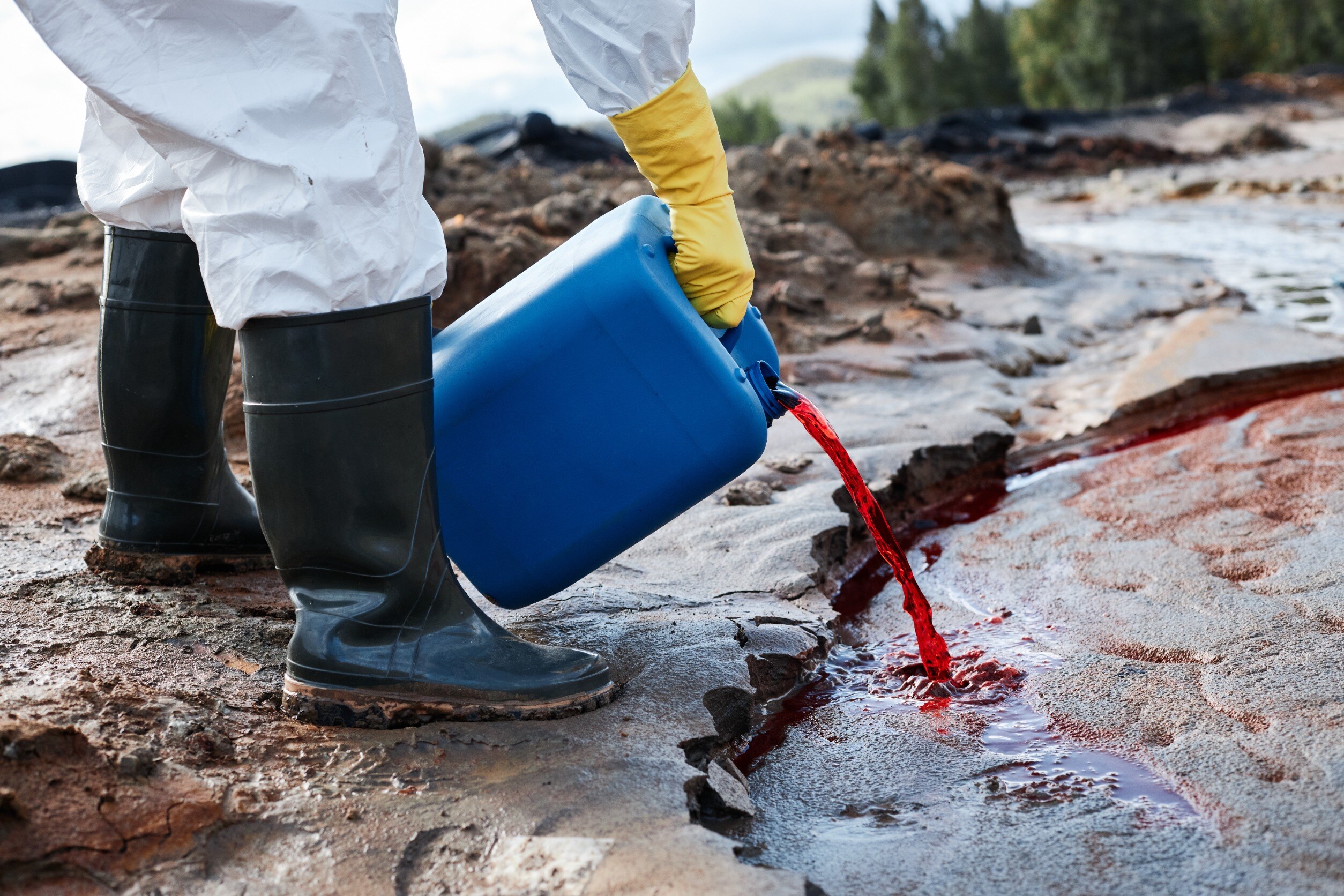1 min read
Trespass, Nuisance, and Negligence Debated in Blakeland v. Taghavi
Joe Whitcomb
:
December 14, 2024

In Blakeland Drive Investors, LLP IV v. Taghavi, the Colorado Court of Appeals reviewed a dispute over environmental contamination caused by leaking underground gasoline storage tanks. The plaintiff, Blakeland Drive Investors (BDI), owned undeveloped land adjacent to the property of Rashid Taghavi, who operated a gas station on his property.
The case revolved around two toxic substances, BTEX (benzene, toluene, ethylbenzene, xylene) and MTBE (methyl tert-butyl ether), which had migrated from the gas station property onto BDI’s land. These leaks occurred over a span of years, starting under prior owners and continuing after Taghavi purchased the property in 2004. BDI sued for trespass, nuisance, and negligence, seeking compensation for the diminished value of their property.
Key Issues at Trial
The trial court addressed several central issues:
- Migration of Contaminants: The court found that contamination from both BTEX and MTBE continued to migrate from Taghavi’s property onto BDI’s land, even after Taghavi became the owner.
- Damages Calculation: The court awarded damages based on the diminished value of BDI’s property, estimating a loss of $490,000.
- Joint and Several Liability: The court held both Taghavi and a previous owner jointly and severally liable for the contamination, concluding the damages were indivisible.
Appeals Court Ruling
The Colorado Court of Appeals affirmed the trial court’s findings of trespass, nuisance, and negligence but reversed the ruling on joint and several liability. Key points included:
-
Trespass and Nuisance Standards: The court upheld that Taghavi’s actions contributed to the contamination, amounting to a continuing trespass and nuisance. His failure to address leaks and prevent further migration of contaminants violated property rights.
-
Negligence Liability: The court found that Taghavi’s storage of gasoline in leaking tanks constituted negligence, as he had a duty to prevent harm to neighboring properties.
-
Apportionment of Liability: The court held that Colorado law requires apportionment of liability among defendants, even for indivisible injuries, under the state’s pro rata liability statute. The ruling emphasized that joint and several liability is permitted only for defendants acting in concert.
Conclusion
This decision underscores the importance of proactive environmental management and clarifies the application of Colorado’s liability standards in contamination cases. Landowners must take reasonable steps to prevent harm to adjacent properties and bear liability for the continued effects of prior contamination.
Protect Your Property Rights with Expert Legal Counsel
Environmental disputes demand skilled legal support to protect your interests. At Whitcomb Selinsky PC, our experienced attorneys specialize in handling complex property and liability cases. Contact Us to connect with us and safeguard your property.


